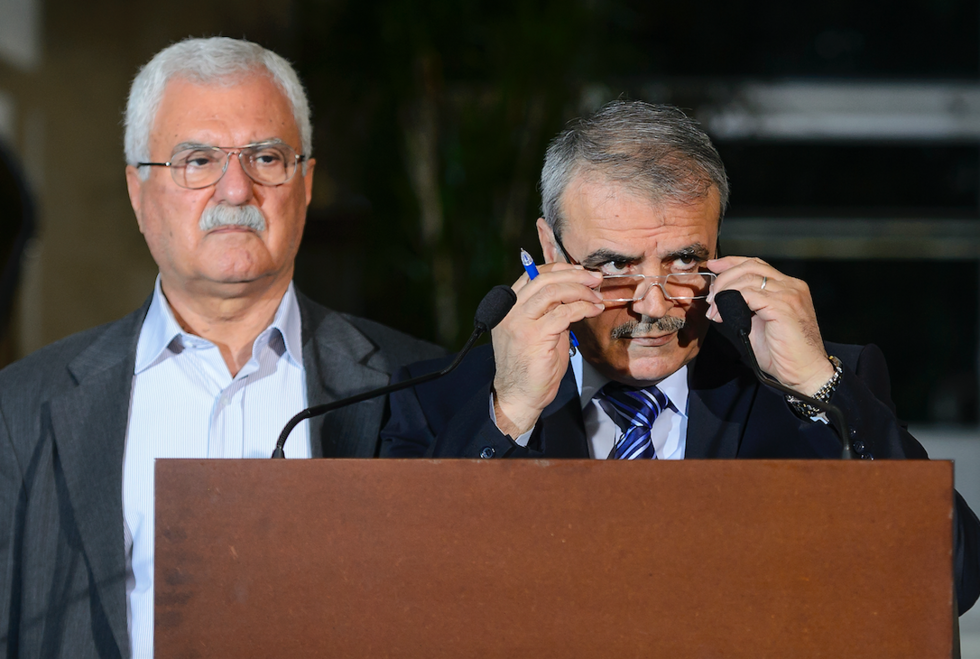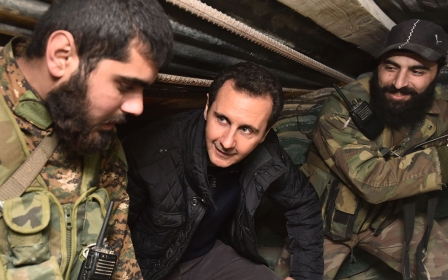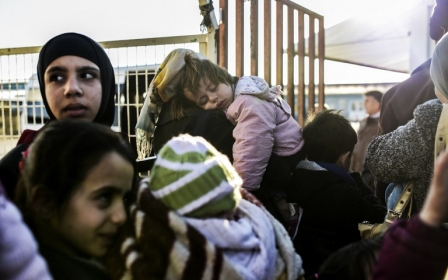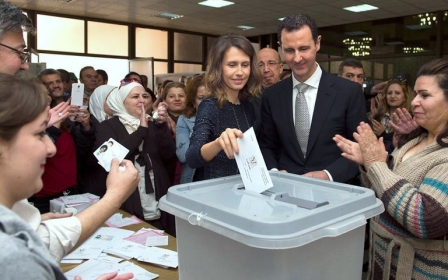Syria opposition ready to govern with Assad's 'diplomats, technocrats'

Syria's main opposition High Negotiations Committee (HNC) told AFP on Friday that it was willing to join a transitional government with diplomats and technocrats from President Bashar al-Assad's government.
But the HNC maintained that Assad's departure from office must be part of any peace deal and categorically ruled out working with anyone who played a central role in the civil war which has killed more than 270,000 people and displaced millions.
"We cannot accept the participation of the parties who committed crimes against the Syrian people in the transitional governing body," HNC spokesman Salem al-Meslet said on the sidelines of peace talks in Geneva.
The opposition, however, could cooperate with "diplomats and technocrats" with links to the current government, provided they had support among the population.
He also said it was "premature" to discuss specific individuals who could be included in a prospective new government.
"The distribution of seats of the transitional governing body will be subject to a long debate," al-Meslet told AFP.
A new round of UN-brokered Syria peace talks got underway earlier this week.
The government delegation arrived in Geneva on Friday and held its first meeting with United Nations mediator Staffan de Mistura.
Lead government negotiator Bashar al-Jafaari described the meeting as "constructive and fruitful" although ongoing fighting which has seen tens of thousands displaced in recent days is threatening to undermine any progress.
"What is happening in Aleppo is a major violation of the ceasefire," rebel commander Major Eyad Shamsi told AFP in Geneva, blaming the government.
"A big battle is being fought in Aleppo, and it will lead to a major disaster should the regime succeed" he said while stressing that a million people could come under siege again in parts of Aleppo if the government makes further gains.
Political transition in the war-ravaged country, and particularly Assad's future, are the key obstacles at the negotiations, which aim to set up an interim government in six months ahead of UN-monitored presidential and parliamentary elections within 18 months.
At the last round of talks, the HNC put forward a detailed plan on political transition, but the government remained focused on general principles and made clear it was not yet ready to tackle the concrete details of a new government.
De Mistura has urged Damascus to take a step forward at this round by laying out on paper its vision for a unity government.
The HNC was holding its second meeting with de Mistura on Friday evening, with the government due to meet the UN again on Monday.
This round of talks is expected to last 10 days.
The UN hopes that both sides will leave Geneva with a general agreement on how to move toward a new government.
Before the talks began, de Mistura travelled to Moscow and Tehran to meet with key Assad allies to shore up support for his peace drive.
He has repeatedly said outside influence, especially from Moscow, was crucial to success at the intra-Syrian talks.
Middle East Eye propose une couverture et une analyse indépendantes et incomparables du Moyen-Orient, de l’Afrique du Nord et d’autres régions du monde. Pour en savoir plus sur la reprise de ce contenu et les frais qui s’appliquent, veuillez remplir ce formulaire [en anglais]. Pour en savoir plus sur MEE, cliquez ici [en anglais].




